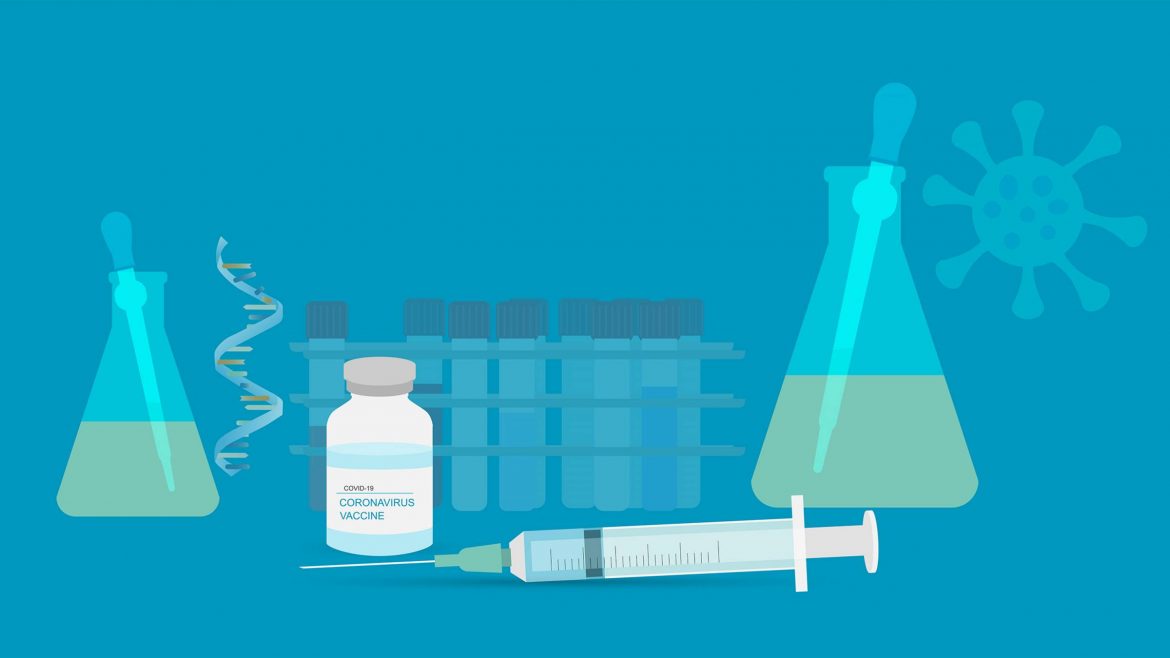The Drugs Controller General of India (DCGI) has authorised two doses of Gennova Biopharmaceuticals’ mRNA COVID-19 vaccine for use in limited emergency conditions for beneficiaries over the age of 18.
According to authorities, this vaccination is the first in history to stay stable while storage at temperatures ranging from 2 to 8 degrees Celsius. On Friday, the Subject Expert Committee (SEC) recommended Emergency Use Authorization (EUA) for India’s first mRNA vaccination, according to sources.
The data supplied by Gennova Biopharmaceuticals was deemed “sufficient” by India’s drug regulator’s Subject Expert Committee.
In the month of April, the firm supplied statistics. Then, in May, they supplied further new data.
Earlier in May, Gennova provided an update to ANI on the status of submitting phase 3 data, saying, “Gennova is in discussion with the regulatory body and providing the relevant data and information required for the product approval.”
“Product development, employing breakthrough technologies such as mRNA, a fourth-generation vaccination platform that is stable at 2-8 degrees Celsius, is a tough path during pandemic times,” they added.
On 4000 people, the business performed phase 2 and phase 3 data trials to assess vaccination safety, immunogenicity, and tolerability.
The Union Government is dedicated to speeding up and broadening the scope of COVID-19 immunisation across the country. The national COVID-19 vaccine campaign began on January 16, 2021.
The next phase of COVID-19 vaccine universalization began on June 21, 2021. The immunisation campaign has been stepped up with the availability of additional vaccinations, advance awareness of vaccine availability to states and UTs for improved planning, and simplification of the vaccine supply chain.
As part of the countrywide immunisation campaign, the Government of India has been supplying free COVID-19 vaccinations to states and union territories. In the next phase of the COVID-19 immunisation programme, the Union Government would acquire and deliver (at no cost) to States and UTs 75% of the vaccines manufactured in the country by vaccine makers.





